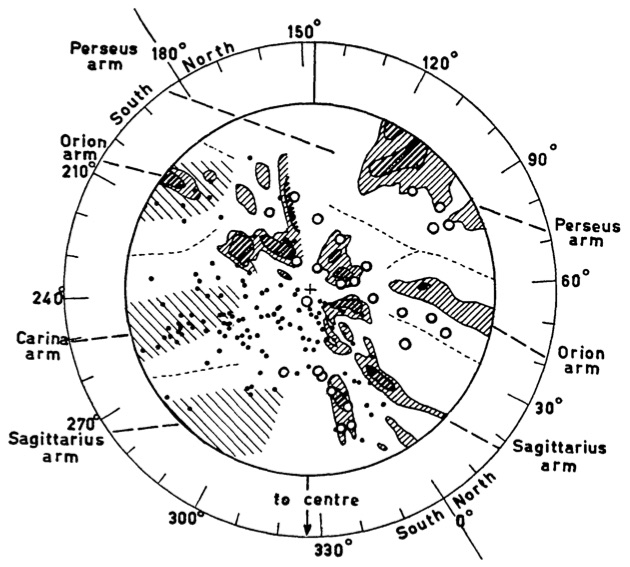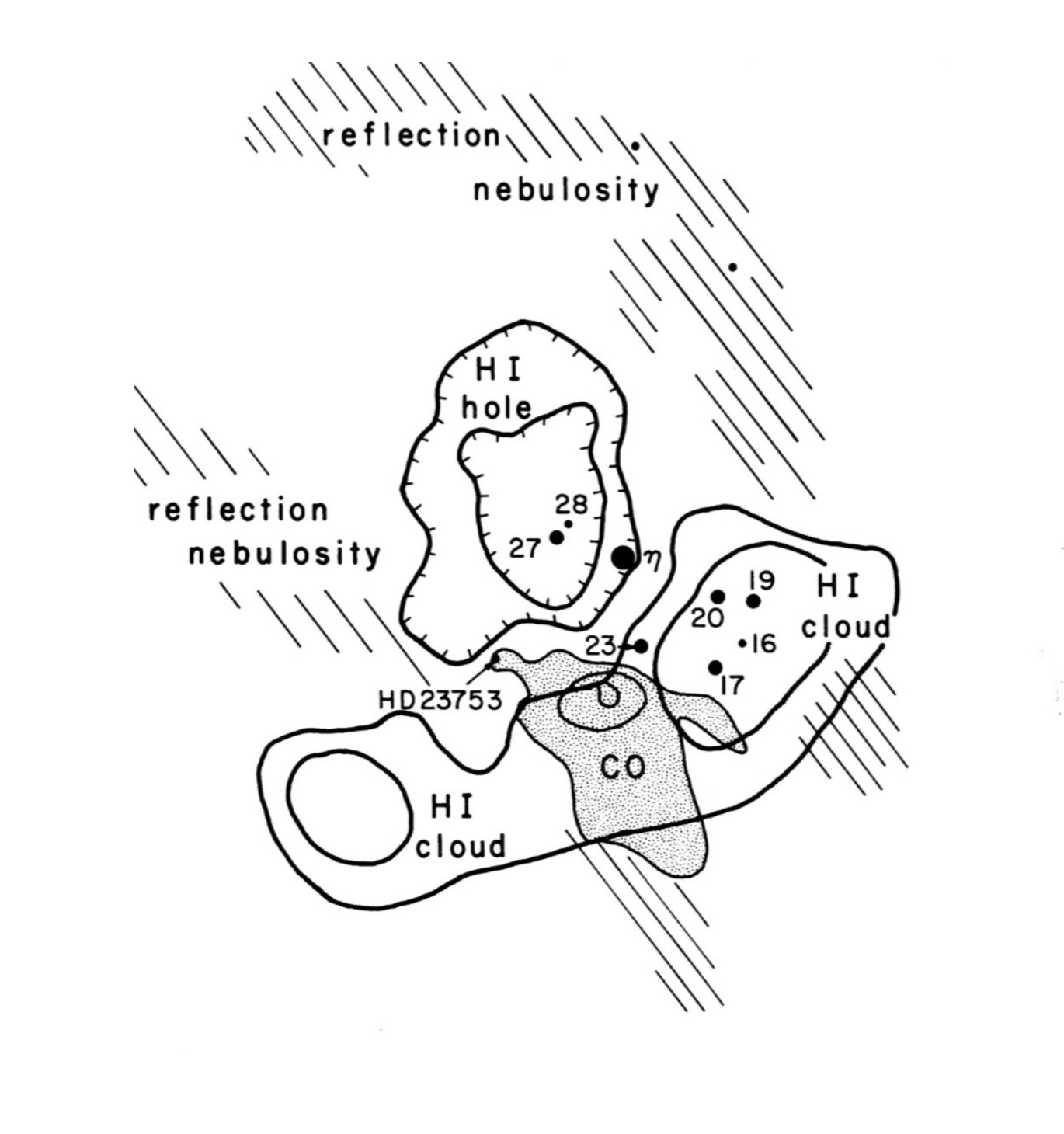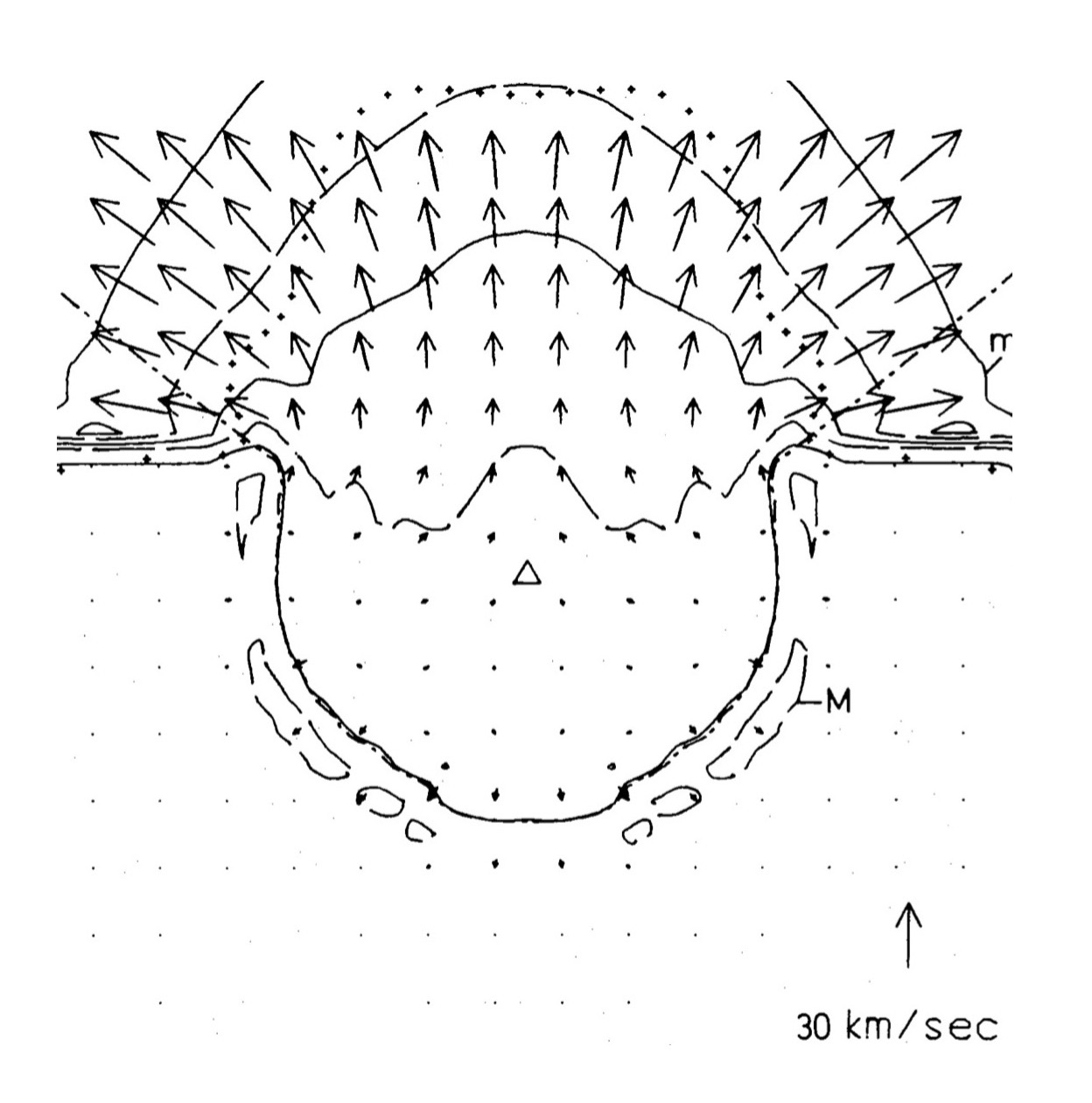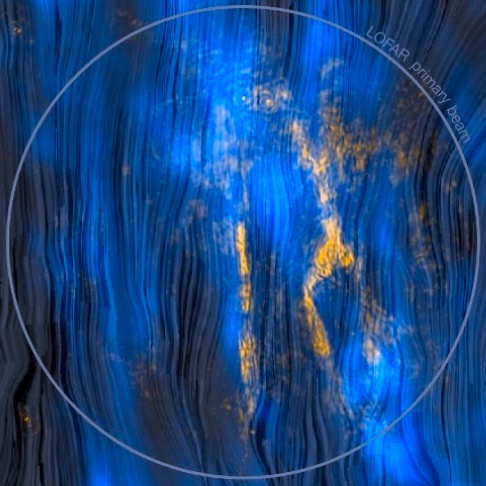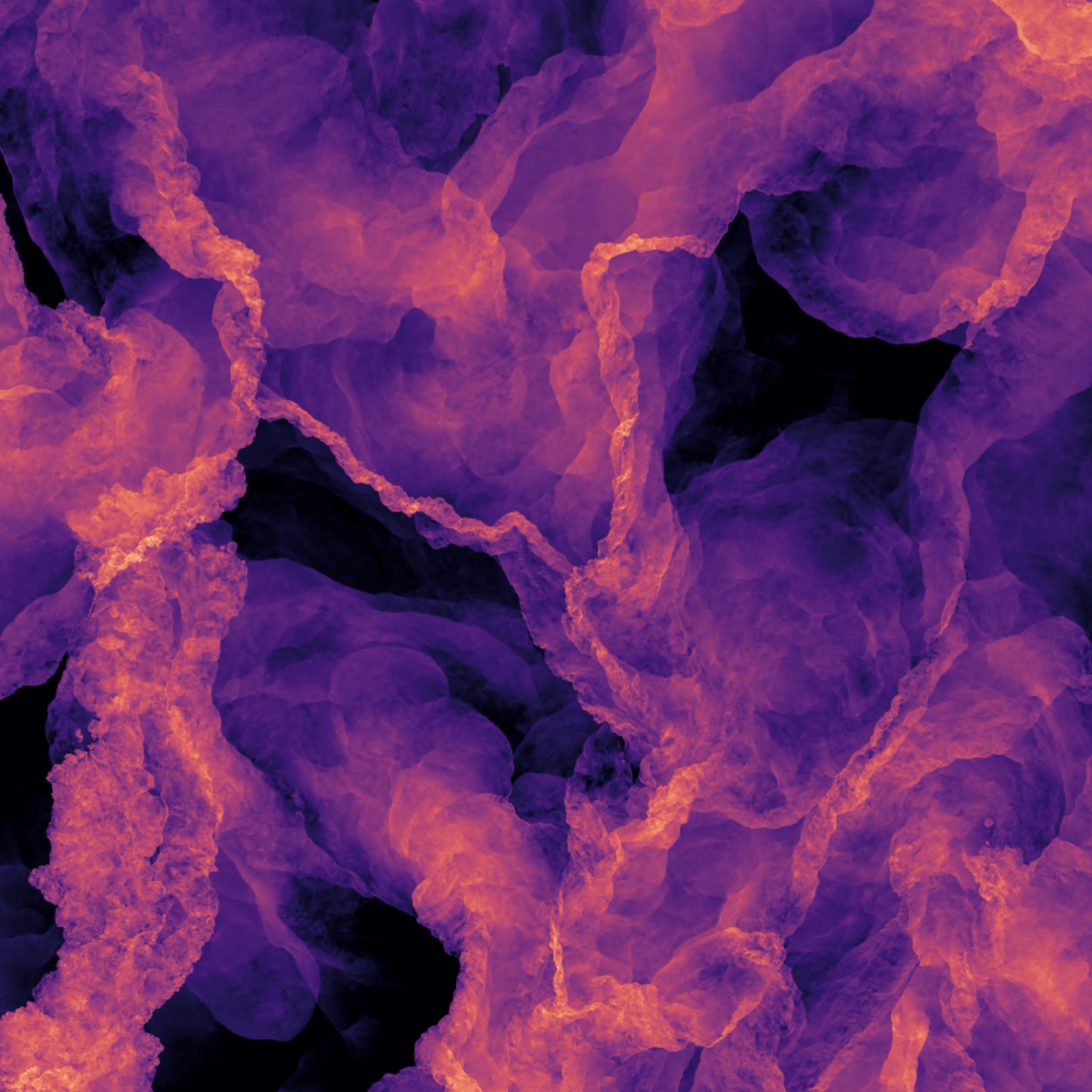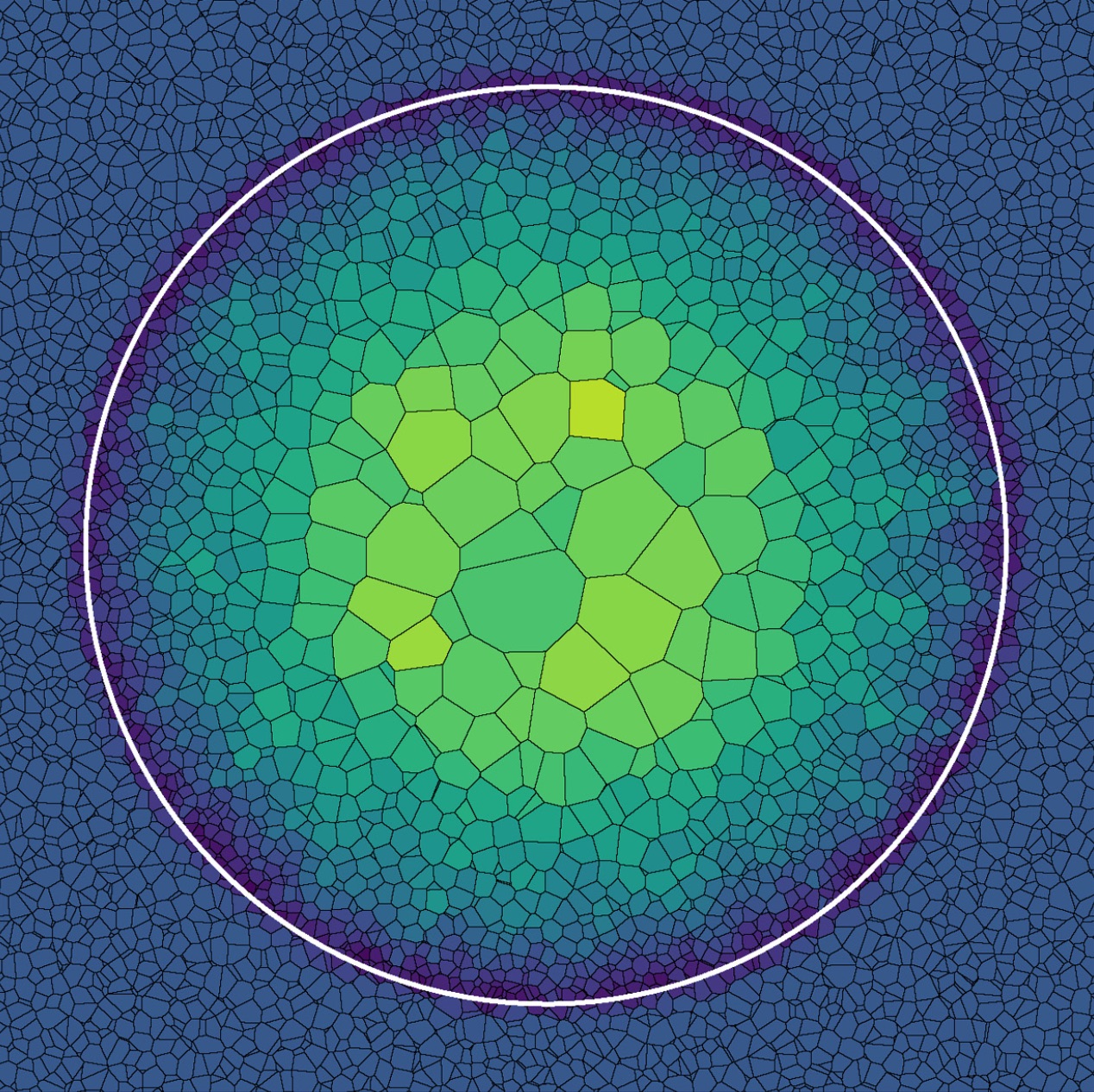Intertellar Institute #5 - With Two Eyes
The multi-scale interstellar physics
The interstellar medium is a turbulent, multiphase environment, with dramatic variation in temperature, density, magnetization, ionization, velocity, composition and abundance. How matter evolves in galaxies, from diffuse and hot gas to dense and gravitationally stable structures and then stars is guided by how energy, mass and momentum is transported from the circumgalactic medium, to Galactic scales and down to AU scales. This involves understanding the details of matter and energy injection mechanisms at large scales, the interstellar turbulence cascade, phase transitions, various instabilities, as well as the impact of gravity and stellar feedback in the context of the formation of dense gas. Every aspects of this cascade needs to be understood, in order to get a clearer picture of the baryon cycle.
This is the fifth meeting of the Interstellar Institute, where we explore the many facets of the multi-phase, multi-process and non-linear physics involved in the evolution of interstellar matter in galaxies. These sessions are designed as moments where numerical, theoretical and observational results are being put together by close interactions of several actors of the field, to tackle new (and old !) ISM problems, at all scales, investigating every processes involved in the overall gas and dust evolution in galaxies. Since the start of the Interstellar Institute in 2017, more than 100 people came to these sessions, many attending several if not all meetings. These meetings are open and everyone with an interest in interstellar physics is invited to join.
Visualising the ISM complexity with two eyes
In addition to studying the main themes of the Interstellar Institute described above, With Two Eyes will focus on how we interpret the extraordinarily complex visual data that come from the ISM.
The ISM presents astronomy’s most visually complex field, and we are often limited by our ability to parse it. Since the indigenous people of South America and Australia first told stories about the animals they saw in the dust clouds of the Milky Way, humanity has used the eye to make sense of, and tell stories about, what we now know to be the ISM. Today, the ISM can be seen across many wavelengths and in many dimensions, and we need sophisticated visualization tools to explore this complex space. In this program we will discuss what we can see and the new tools we need to see it better.
While humanity was born with its first eye, we had to make our second one. Machine vision techniques, from century-old voting algorithms to cutting edge semi-supervised neural networks, have become a central tool in interpreting the images we record. While in the past we tried to destroy the ISM’s visual information by reducing it down to a few numbers, today’s algorithms allow us to harness its visual complexity into a much richer understanding. We will discuss these methods, their strengths, their biases, their applications and their future.
A session of the Interstellar Institute
at Pascal Institute in Orsay, France
This is the fifth session of the Interstellar Institute. These sessions are not typical conferences. They bring scientists in a single location for a significant amount of time, to exchange and develop new collaborations.
The schedule of each day is made of a few short talks in the morning, followed by free afternoons to chat, work or meet in small groups to discuss specific topics. The Institut Pascal provides us with 70 desks spread in 40 offices, discussion spaces and seminar rooms. Desks are not reserved so participants are free to share an office with who they want. Each participant is offered the possibility to give a talk or lead a discussion on a specific topic during their stay. These sessions can be seen as a temporary laboratory combining experts on the many aspects of interstellar physics. To benefit fully from the experience, participants are invited to stay for as long as they can.
There are no registration fees and participants are offered lunches and coffee breaks during their stay at the Institut Pascal.
You can find the schedule of our previous sessions at interstellar institute.org.
Please consider spending some time at Institut Pascal this summer, to discuss and work on anything interstellar.
Registration
Registration is now closed
For any question, please contact us at : "contact at interstellarinstitute.org"
